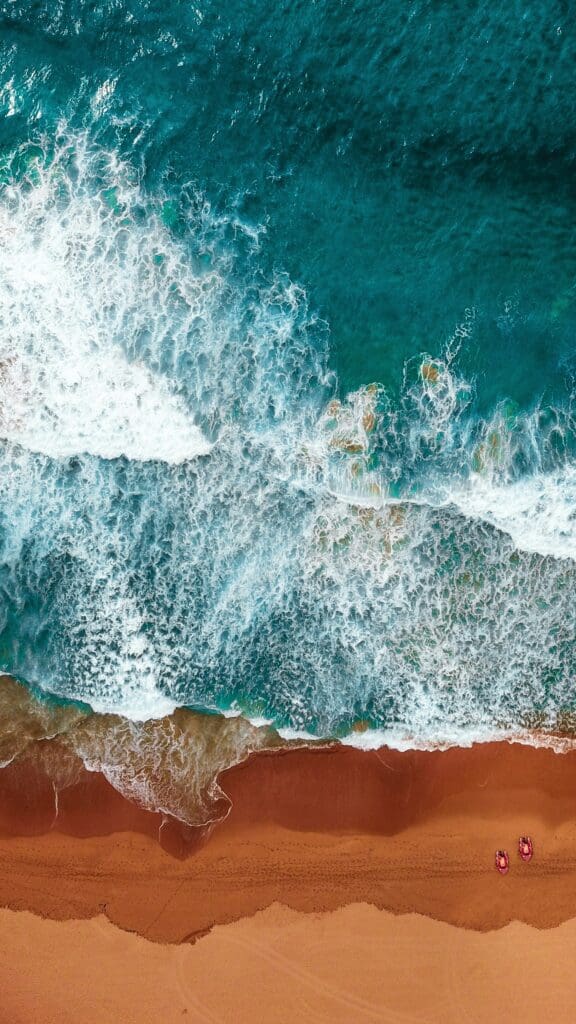Confédération Mondiale des Activités Subaquatiques
Founded: 1959
Global Reach: Over 1,500 dive centers and resorts in more than 60 countries.
Certifications Offered: From entry-level (One Star Diver) to advanced (Three Star Diver) and professional levels (Instructor).
Number of Certified Divers: Over 5 million worldwide.
Training Materials: CMAS provides a range of training materials including printed manuals and digital resources.
Specialties: Includes a variety of specialties such as deep diving, night diving, and underwater photography.
Distinct Features: CMAS is renowned for its emphasis on traditional diving practices and high standards in technical and professional diving training. It focuses on thorough, comprehensive training and is respected for its rigorous approach to diver education.




About CMAS
Overview
Founded in 1959, the Confédération Mondiale des Activités Subaquatiques (CMAS) is one of the world’s leading scuba certification agencies with a strong commitment to diving excellence and safety. Originating in Europe, CMAS has grown to include over 1,500 dive centers and resorts across more than 60 countries. Dedicated to delivering high-quality diver training, CMAS has certified over 5 million divers globally. Its network of dive centers and instructors provides consistent and high-standard training, making CMAS a prominent choice for divers from entry-level to advanced professionals.
CMAS Mission Statement
CMAS is dedicated to promoting diving excellence through rigorous training and education while emphasizing safety and environmental awareness. The organization’s mission is to foster a global community of well-trained divers who are committed to exploring and preserving underwater environments. CMAS emphasizes comprehensive training programs and adheres to high standards to ensure divers are well-prepared for a range of underwater activities. Through its various initiatives and partnerships, CMAS supports marine conservation efforts and promotes sustainable diving practices.
Who is CMAS for?
- Experienced Divers and Technical Divers
- Overview: CMAS is well-suited for divers who already have experience and are seeking advanced technical training or specialized diving skills.
- Why It Works: CMAS offers a range of advanced and technical diving courses, including cave diving and deep diving, catering to more experienced divers.
- Regional and Local Diving Enthusiasts
- Overview: With a strong European presence, CMAS provides expertise and training suited to regional and local diving practices.
- Why It Works: CMAS’s focus on regional diving traditions and local expertise makes it a good fit for divers interested in these specific areas.
- Aspiring Dive Professionals
- Overview: CMAS provides a clear pathway for those looking to advance from recreational diving to professional levels.
- Why It Works: CMAS’s professional training programs, such as the CMAS Instructor and Technical Diver courses, are well-regarded and offer specialized training opportunities.
Who is CMAS not for?
- Beginners Seeking Basic Training
- Overview: CMAS may not be the first choice for beginners looking for a basic introduction to scuba diving.
- Why It’s Less Suitable: CMAS’s focus on more advanced and technical training means that those new to diving might find other agencies with more entry-level programs, like PADI, more suitable.
- Travelers Seeking Global Convenience
- Overview: CMAS’s network is more concentrated in Europe, which might be less convenient for divers traveling to less frequented regions.
- Why It’s Less Suitable: Divers who frequently travel or dive globally might find agencies with a more extensive international network, like PADI, more beneficial.
- Those Preferring a More Standardized Approach
- Overview: CMAS has a more flexible approach to training, which might not suit those who prefer highly standardized programs.
- Why It’s Less Suitable: Divers or instructors who value a strict, standardized training regimen might prefer other agencies with more uniform training procedures.
What Are Their Best Courses and Why?
CMAS offers a range of courses tailored to different levels of experience and interests. The **1-Star Diver** course is an entry-level certification that introduces divers to the basics of underwater exploration. The **2-Star Diver** course builds on these skills, allowing divers to handle more advanced diving conditions. The **3-Star Diver** certification is designed for divers who want to achieve professional-level skills and knowledge. CMAS also provides **Technical Diving** courses for those interested in advanced techniques such as cave and wreck diving. Each course reflects CMAS’s commitment to thorough training and technical proficiency.

1-Star Diver
Foundational Training: Provides a solid introduction to scuba diving, including basic skills and safety procedures.
Overview: This is CMAS’s entry-level certification, ideal for those new to diving.
Why It’s the Best:
Comprehensive Introduction: Offers essential skills and knowledge for a safe and enjoyable diving experience.
International Recognition: The certification is respected worldwide, making it a good choice for new divers.

2-Star Diver
Enhanced Skills: Focuses on advanced diving techniques and navigation skills.
Overview: This course builds upon the 1-Star Diver certification, preparing divers for more challenging conditions.
Why It’s the Best:
Advanced Competence: Enhances diving abilities and confidence, allowing divers to handle a variety of underwater scenarios.
Skill Development: Provides experience and training in more complex diving environments.

3-Star Diver
Professional Preparation: Designed for those aiming to achieve professional diving status.
Overview: This certification covers professional-level diving skills and knowledge, preparing divers for advanced roles.
Why It’s the Best:
Professional Expertise: Provides the skills and knowledge needed for higher-level diving positions and responsibilities.
Advanced Training: Includes comprehensive training in advanced diving techniques and emergency management.

Technical Diving Courses
Specialized Skills: Focuses on advanced diving techniques, including cave diving and wreck exploration.
Overview: CMAS offers specialized technical courses for divers interested in advanced and technical diving.
Why It’s the Best:
Advanced Techniques: Provides training in specialized diving skills and equipment use for complex underwater environments.
Expert Training: Ideal for divers looking to deepen their expertise and explore more challenging diving opportunities.
